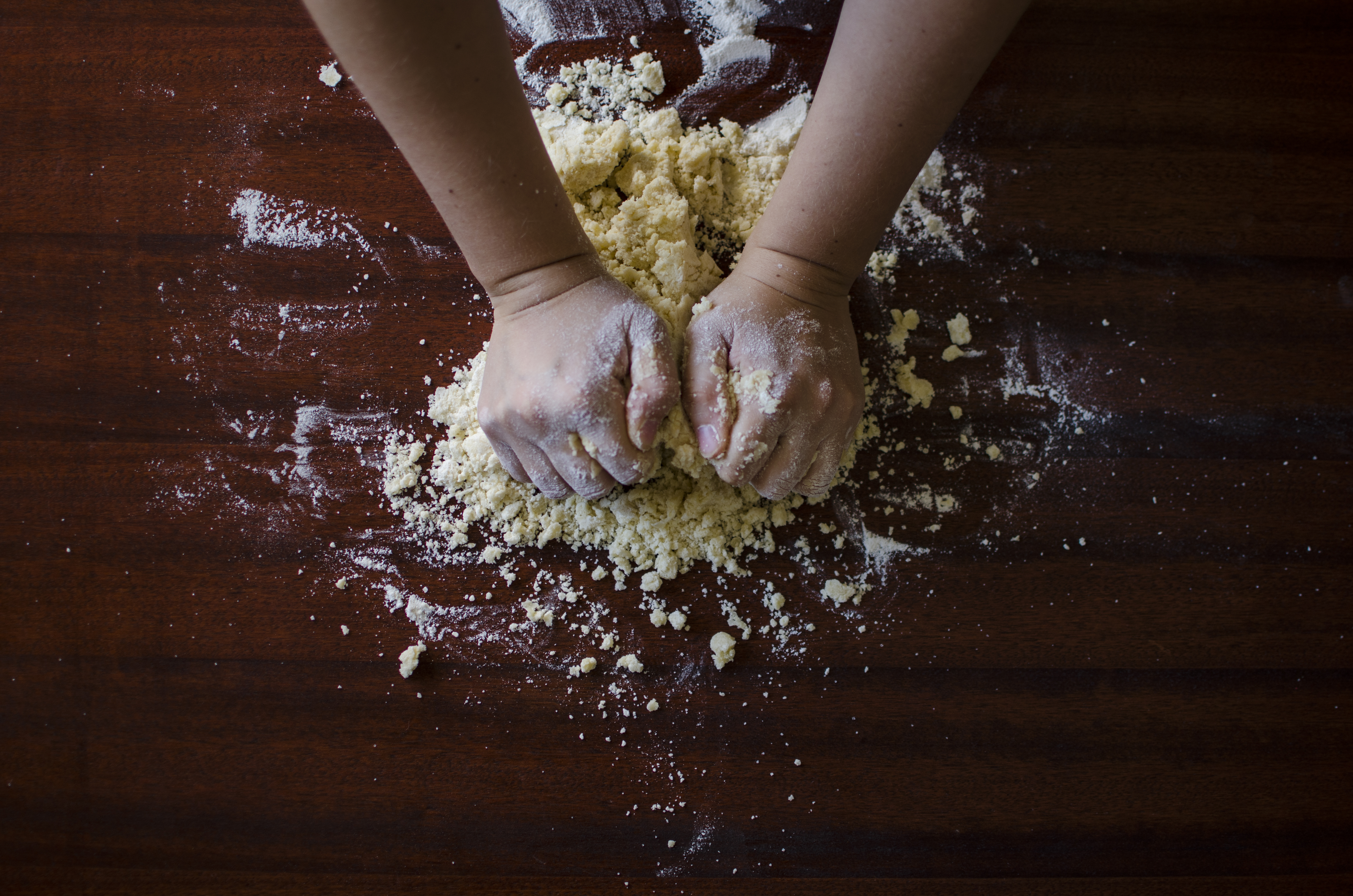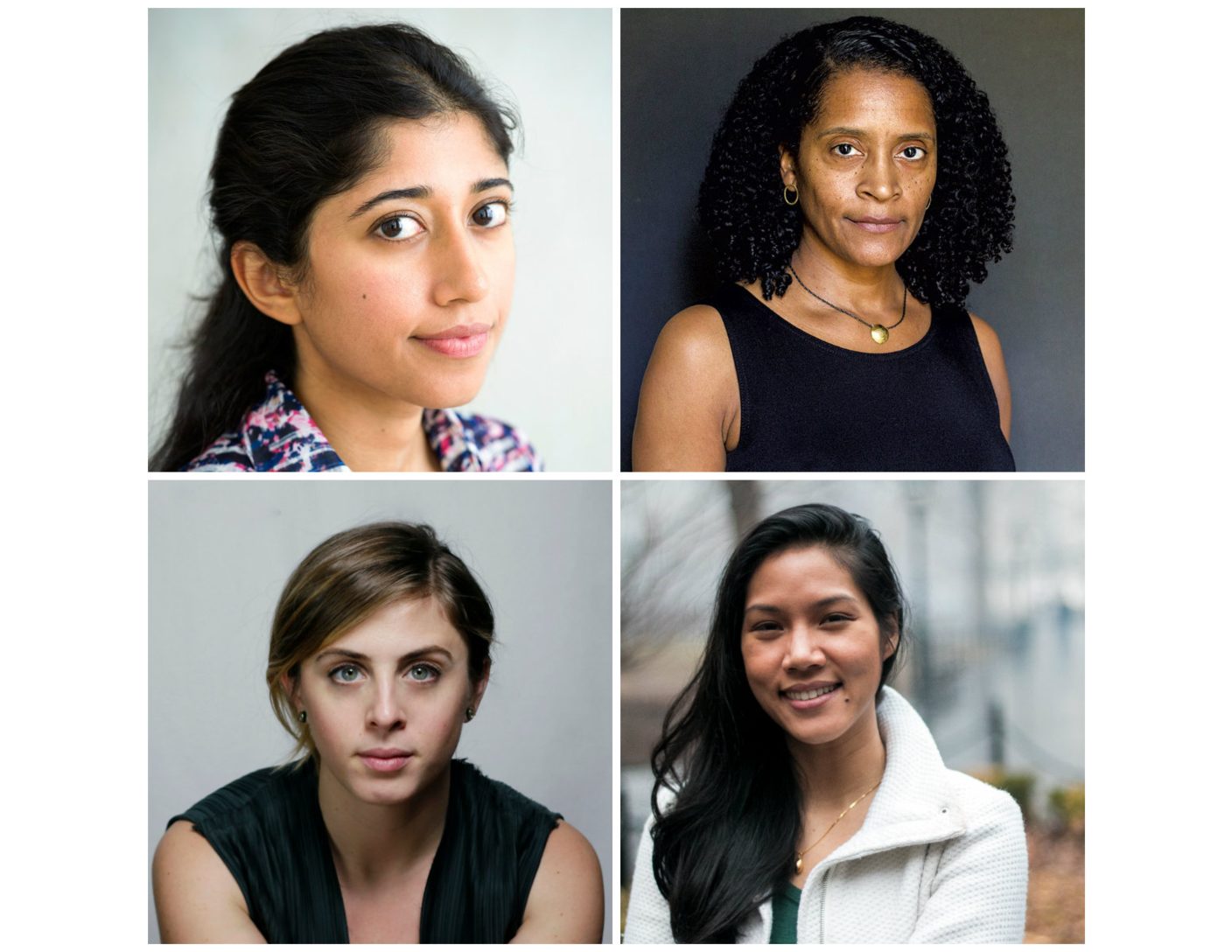When Mom e-mailed me her guest list for my wedding, the names of my grandfather’s three older brothers were conspicuously absent. “What about Sam’s brothers?” I asked, having always referred to my grandfather by his first name at his urging. There was a pause over the phone. Reluctantly, Mom conceded, “If you want to invite them, fine. But I’ll have to call Grandmom for their addresses.” I knew of the feud that existed between Grandmom Brounka and Sam’s brothers. Her enmity lingered throughout her fifty-two years of marriage to Sam, and will likely follow her to the grave. I pictured Grandmom protesting Mom’s request in a livid mix of English and Yiddish, as she begrudgingly flipped through her address book.
The reasons for Grandmom’s resentment had always been clear. Sam’s brothers, Meier, Lova, and Shimek, had abandoned him at the onset of World War II. They fled from their hometown of Lodz, an industrial city on the outskirts of Warsaw, to the Russian front. At thirteen, Sam was left to care for his mother and older sister Regina (their father had died of a heart attack years earlier). Sam spent the majority of the war in the Lodz ghetto; his life became a daily struggle to find food. One day, not long before he was deported to the first of many labor camps, Sam came home to find his mother sitting motionless in a chair, dead from starvation and sickness.
Sam often used to tell the story of how he was walking down the street in Lodz after the war when he saw a soldier whose face was completely wrapped up in bandages except for his nose. Sam instantly recognized this man as his brother Meier. Miraculously, all four Pelta brothers had survived the war (their sister died of unknown circumstances), yet Sam’s siblings soon left him again, this time, for America. The brothers didn’t want to risk traveling with Sam because he had a wife and a newborn child, my mother. Grandmom and Sam took a circuitous (and highly dangerous) route out of Europe, ultimately settling in Philadelphia in order to be close to his brothers. According to Grandmom, the brothers still kept their distance from Sam. The final insult, as far as Grandmom was concerned, came when Sam was dying from cancer. The brothers never visited him in the hospital or offered her any help whatsoever.
Like Sam, I grew up having hardly spent any time with his brothers or their families. I remember the way Grandmom would roll her eyes when one of their names was mentioned, or how she used to refer to Sam’s brothers and their respective wives as “greenies”—fresh off the boat—even though she herself had been in America for less time than they had. Grandmom imparted her animosity and absurd sense of superiority to the younger generations; as a result, my great uncles more often became the subject of ridicule rather than respect.
As it turned out, all three brothers lived in Northeast Philadelphia within two miles of where I grew up and where Grandmom continued to live. And yet, the last time I saw any of my great uncles was during Sam’s shiva, nearly nine years before my wedding. Perhaps planning my wedding then evoked a need to bridge the gaps between my family and distant relatives. Too many family occasions had passed by without my family knowing about them—since Sam’s death, I counted a marriage, a bris, and two funerals that we hadn’t attended.
In part, I invited Sam’s brothers in the hopes of hearing their stories. Sam had been interviewed by the Shoah Foundation, an organization founded by Steven Spielberg that records the testimonies of Holocaust survivors. But what about those who didn’t technically “survive” the Holocaust, but whose lives were irrevocably altered by it? Grandmom’s family, for instance, had had more money than Sam’s prior to the war. They were from another industrial town near Warsaw called Wolomin, where Grandmom’s father ran a glass factory. They were fortunate enough to have escaped as the war broke out, and eked out a living in Russia, Kazakhstan, and Uzbekistan. Still, they lost nearly everything during this time, but because Grandmom wasn’t in a ghetto or concentration camp, Shoah never recorded her story. Having heard Grandmom and Sam recount their wartime experiences, I felt compelled to learn the full story of what befell Sam’s brothers. I wanted to hear their side of this feud, and how they reconciled leaving their youngest brother behind.
Grandmom insisted that the brothers probably wouldn’t want to attend my wedding, and even if they did, they certainly wouldn’t want to discuss the past. Both Shimek and Lova came with their wives—Meier, they told me, is ninety-one and far too frail to travel. During the reception, they were thrilled when I introduced them to my wife, particularly Uncle Shimek, whose eyes glistened with delight as he gave her a hug. Both brothers looked like Peltas: prominent noses and understated chins, thin lips and long faces. Of the two of them, Uncle Shimek more closely resembled Sam. Uncle Shimek pulled me aside and said softly, “Your mom says you want to hear my stories.” His voice was a flatter, reedier version of Sam’s.
I couldn’t believe how easy it was to going to be to get my great uncle to open up to me. Had Grandmom really been this mistaken, had her bitterness blinded her so badly? Or was jealousy also at play? Before I had a chance to respond, Uncle Shimek began, “One time, when we were still in Lodz—this was before the war—your grandfather was three years old, and was walking toward the balcony. There were few bars on the railing, and Sam almost fell through. But at the last minute,” Shimek said, grabbing my arms with his bony hands and pulling me close, “I saved him.”
Uncle Shimek’s story was banal but beautiful. He smelled of musky cologne reminiscent of Sam’s trademark Brut aftershave. The jubilant commotion of my guests, flowing past me to the dance floor as the band began their next soul set, beckoned me back to the party. But I wanted to hear more.
Months after the wedding revelry died down, my mother and I went over to Uncle Shimek’s for dinner. Shimek and his wife Ilse live in an unadorned brick duplex, only three blocks from the Northeast Shopping Center, a strip mall along Roosevelt Boulevard where I spent countless hours as a kid buying CDs at Tower Records, seeing movies, and playing pool. I couldn’t recall ever having come over to Uncle Shimek’s before, even though Mom insisted I must have.
As we arrived, I reminded myself to try to stay neutral. I had to put aside all of the one-sided stories I’d been fed over the years by Grandmom, along with all of the ill-formed conclusions I had drawn on my own, if I wanted to gain a more complete picture of what happened to Sam’s brothers during the war. Maintaining such impartiality proved extraordinarily difficult, particularly since the similarities between Uncle Shimek and Aunt Ilse and my own grandparents were obvious and unavoidable.
I tried to stay focused before dinner, when Uncle Shimek brought down a Rubbermaid container with old pictures to share. Then, Aunt Ilse served us a bowl of Fritos as an hors d’oeuvre, and I was consumed with the thought of how my Grandmom would scoff if she found out. At the dinner table, there appeared on each plate a smallish glass of tomato juice, seemingly out of place. Aunt Ilse’s potatoes had been in the oven too long, the carrots and mushrooms were too buttery, and her brisket—typically Grandmom’s most succulent dish—was in dire need of horseradish, a jar of which Uncle Shimek spent fifteen minutes searching for and another five minutes trying to open. I felt awful for judging them but couldn’t stop myself. Here my great aunt and uncle had opened up their home to us—a home that looked as though it hadn’t been renovated since they moved in—but I’d been conditioned to act snobbishly toward them.
After dinner, Mom and Aunt Ilse cleared the table in order to give me time alone with my great uncle. He told me about the café that his family owned in Lodz, which had a large radio and marble-topped tables. Hard times began when the stock market crashed in America, but things became downright unendurable once his father died. The family was forced to sell the café—the marble was used as an inlay for my great grandfather’s gravestone—and Shimek and Lova took menial jobs to support the family while Meier joined the Polish army. Meier returned to Lodz because of a hernia, and as soon as he recovered, all three decided to leave for Russia.
At eighty-seven, Shimek was still lucid and eager to relate his stories. When he spoke, his eyes widened, pushing the long wrinkles together that stretched across his forehead. Apparently, Sam’s brothers had kept in touch with the rest of the family after they went to Russia. “We sent packages and letters all the time to the ghetto that were—what you say—sanitized by the government.” Their correspondence lasted until June 22, 1941, when Germany invaded Russia. “I’ll never forget that day,” Shimek said softly. “That’s when everything happened.”
By then, Shimek’s two brothers had been conscripted into the Red Army. He was living in the small town of Yaropolets, which was located between Moscow and Leningrad, now St. Petersburg. Shimek avoided the army by working as a firefighter, and amazingly, Yaropolets was not far from where Grandmom’s family had lived for part of the war (a fact I never knew before but which Grandmom later confirmed).
Mostly, Shimek laid out a rough timeline of what happened before, during, and after the war, when he reunited with Sam. He made it seem as though he was closer with Sam than any of the other brothers, which made sense considering the two of them were only six years apart. Many of the pictures Uncle Shimek shared with me featured him alongside Sam and my mother as a child.
Without seeming too abrasive, I finally asked him why he and his brothers left the rest of their family behind (in Sam’s case, twice), and whether he had any regrets. Uncle Shimek considered this question for a moment, as Aunt Ilse brought out tea and the pastries we brought for dessert. “We missed our mother, Regina, and Schmuelek,” Shimek said, compassionately referring to my grandfather but his Yiddish nickname, “but what choice did we have? When it was time to leave, we had to.” His eyes moistened as he repeated, “We had to.”
It was then that I realized that Shimek couldn’t really be held accountable for the decisions he made during those dire times. Whether or not he purposely tried to distance himself from Sam suddenly seemed debatable. Not only did I begin to suspect that this feud was largely in Grandmom’s head, but while sitting at Uncle Shimek’s dining room table, I realized that by mocking them, she was projecting her own insecurities. The sharp contrasts that I initially drew between Uncle Shimek and Sam suddenly softened. I looked around and realized it was not too dissimilar from my grandparents’ dining room: familiar antiques and teak tables, and an upright piano adorned with framed pictures of smiling grandchildren.
When we said goodbye to Uncle Shimek and Aunt Ilse, he embraced me and said haltingly, “We have just begun to scratch the surface.” Mom and I had to convince Uncle Shimek not to escort us out to our car because it was pouring. As we drove off, Mom checked the messages on her cell phone. “Who called?” I asked, turning on the windshield wipers. “It was Grandmom,” Mom laughed. “She wants to hear exactly how dinner went.”
—
Z.P. Heller is a writer and editor living in Philadelphia. An excerpt of his yet-to-be-published YA novel, In Your Head, won the 2012 Katherine Paterson Prize for YA Literature. Please visit him at www.zpheller.com.
—
Featured Image photograph by E.B. Bartels, www.ebbartels.com.




